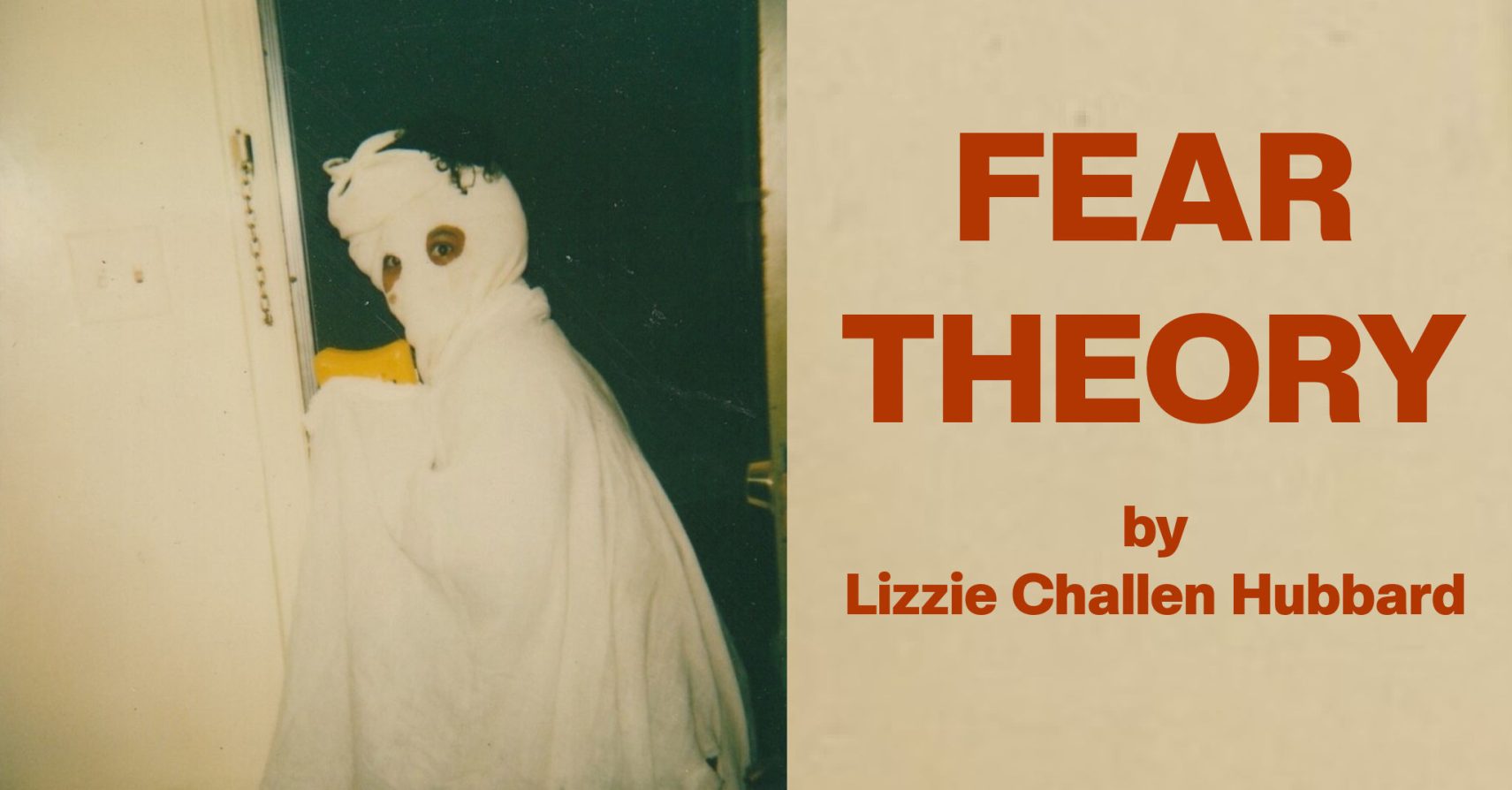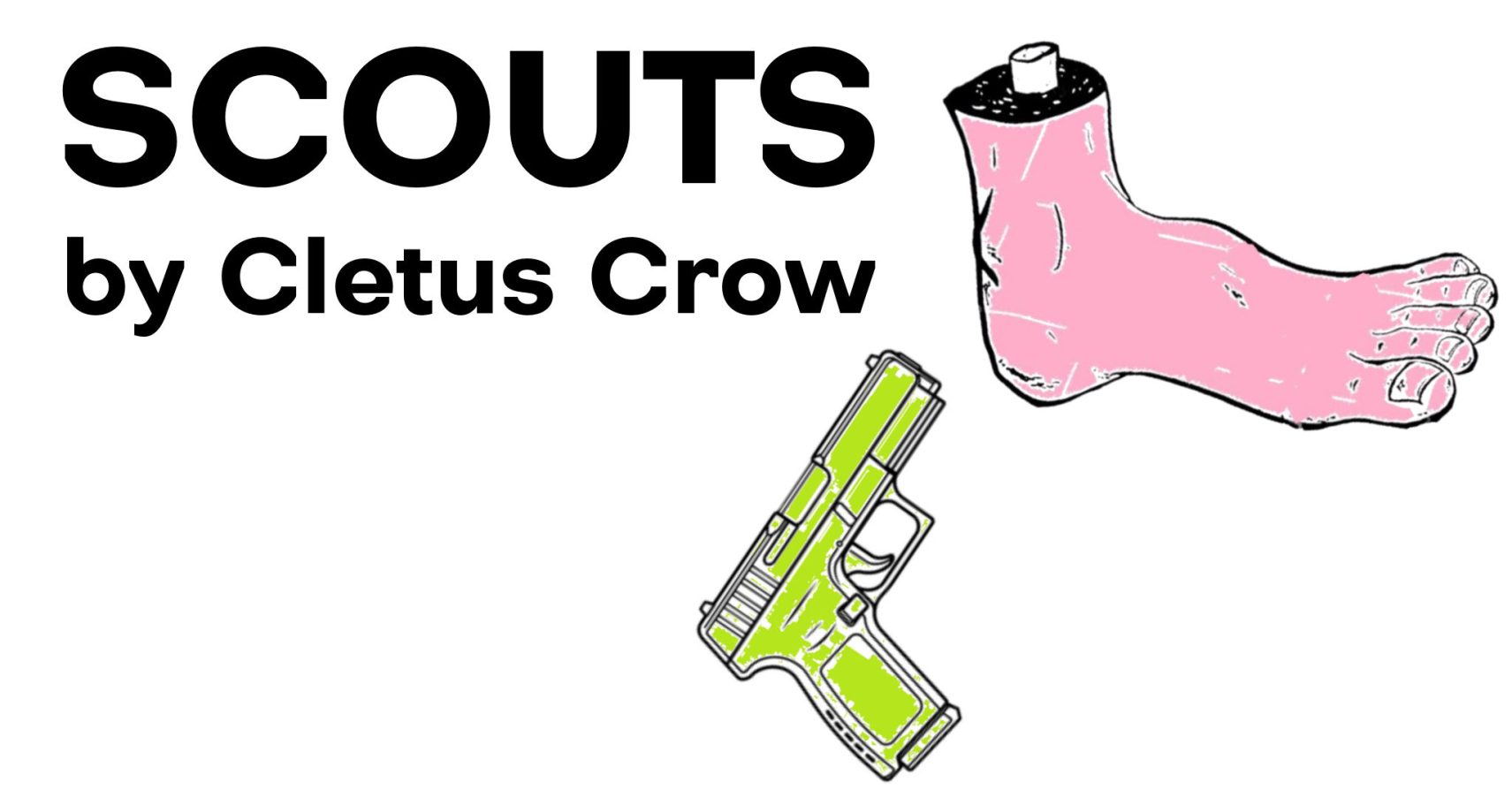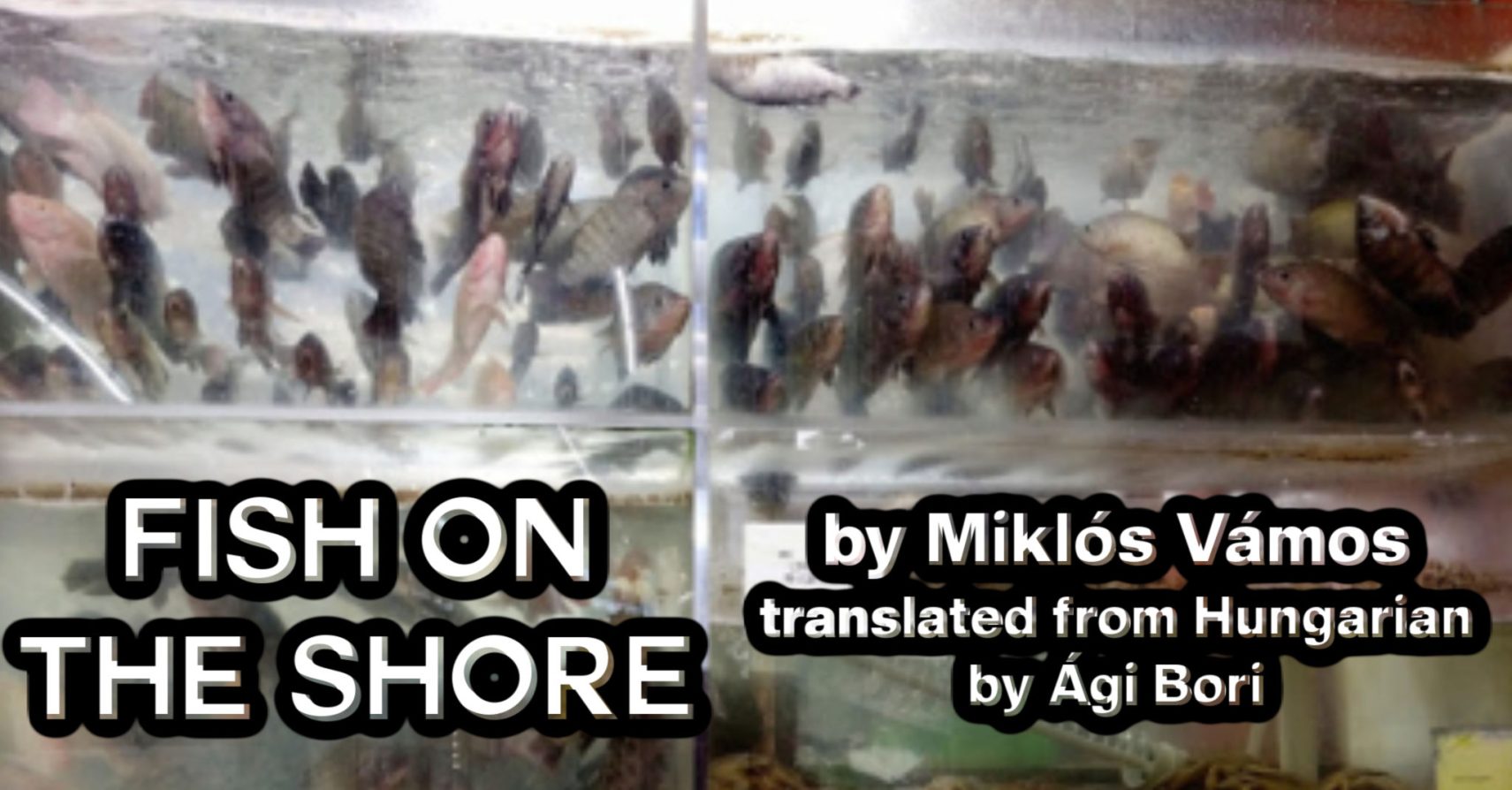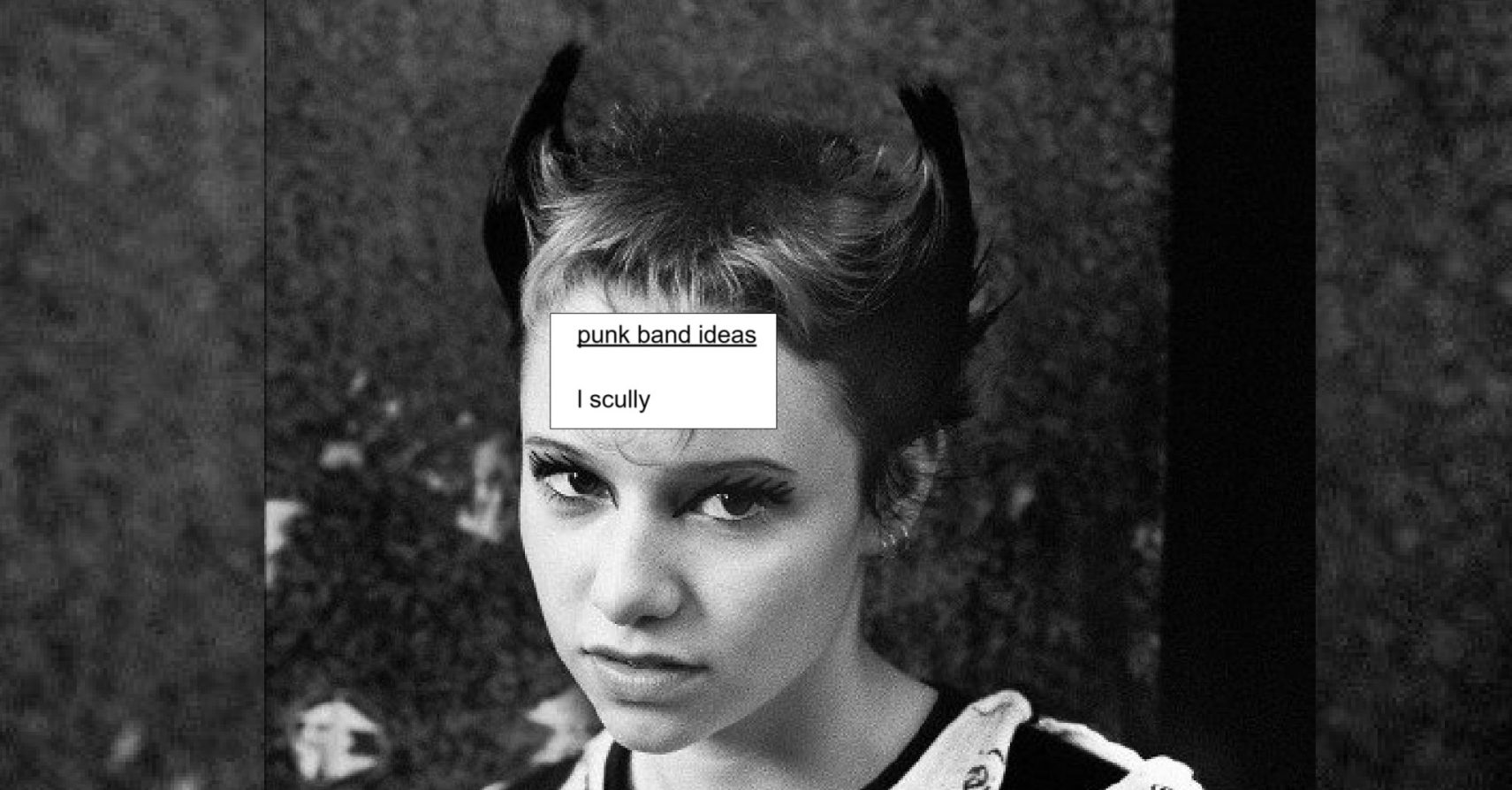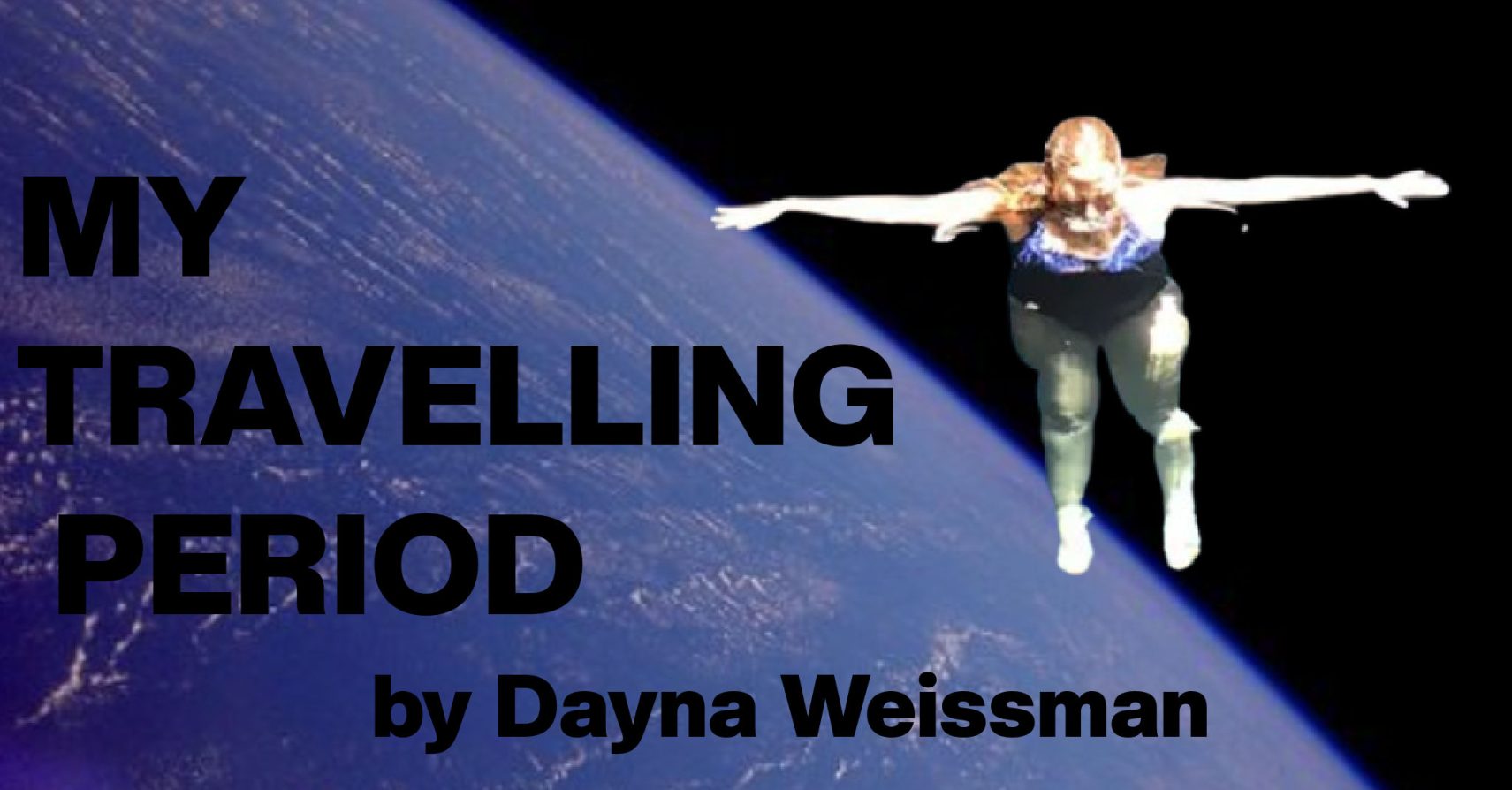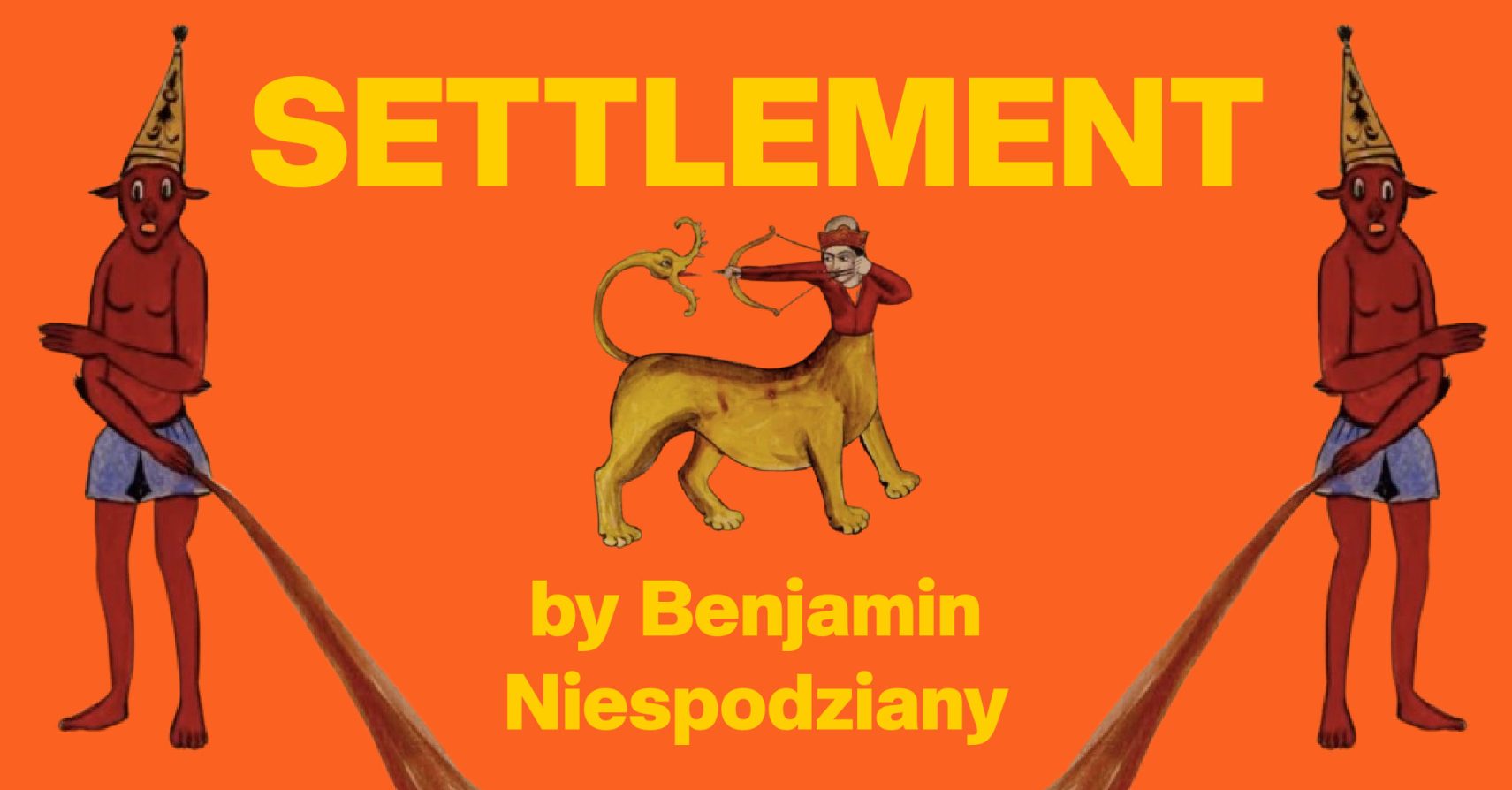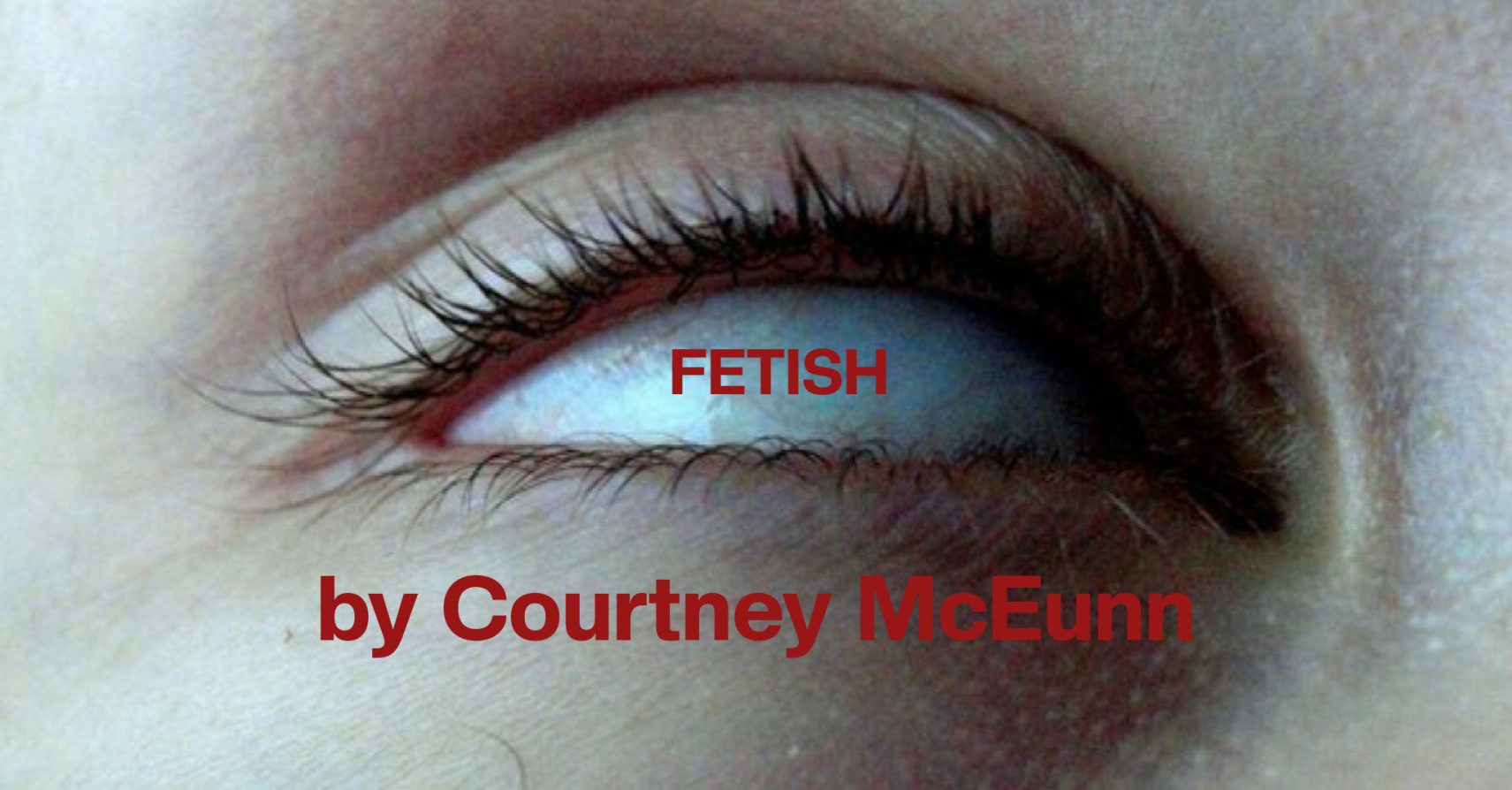
FETISH by Courtney McEunn
He loved how pale lines looked on my skin. After we fuck, he’d trace his fingertips up and down the jagged, raised scars. One night, he admitted jealousy. He wanted—no—needed to be there when it happened. Who was I to deny? I came over when the sun set. Every three nights. After his confession, he led me to his at-home office, grabbed a dull pair of hot pink Fiskars from the desk drawer and made the cuts. Not deep, but enough for warm bubbles to spill. He spread my blood with his tongue. He couldn’t wait long enough to take…


